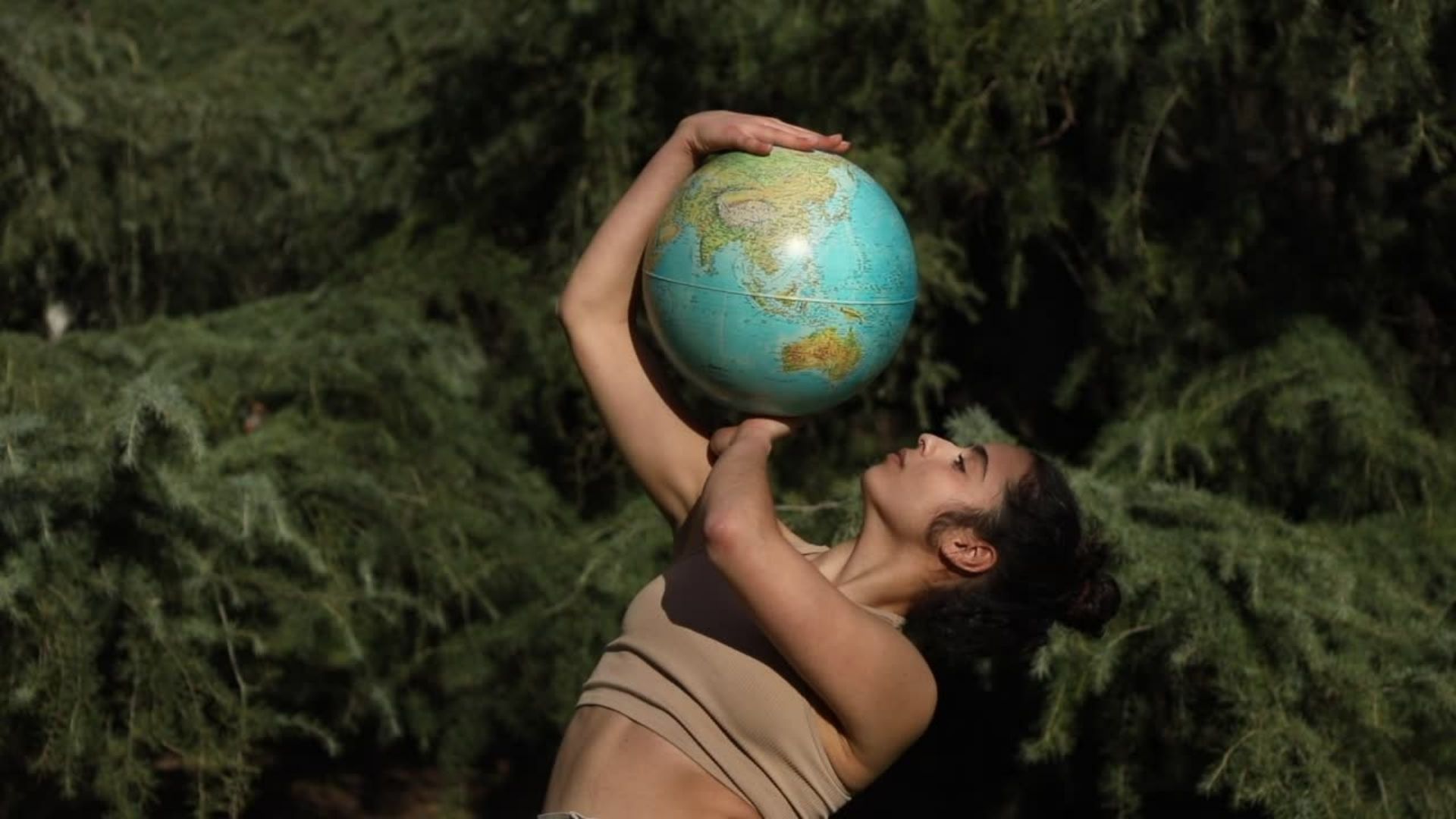I’ve never been a very good gardener. In all my efforts to have a beautiful, full garden, I often end up with half a crop at best. Some vegetables never see the surface. In other words, I’m still learning. But while gardening requires research and work, it’s also a deeply spiritual practice. It requires a gentle spirit, a lot of conversations with dirt and seedlings. It requires a lot of prayer. When my two children sing to our seeds, the ones that are deep in the dirt waiting to be born, they are learning that the Earth listens. She listens and she speaks. She tells stories. She fosters life again and again for us, and we are stewards of that life, lives that belong to the goodness of God.
So when we garden or when we walk on the sidewalk outside our apartment buildings, we should wonder why there is so much concrete. We should wonder if it is hard for the birds to land when there are no more trees. We should wonder what life is like for all the creatures that we see and cannot see because we can’t practice hospitality with one another if we can’t practice it with the Earth. It is connected to working toward justice.
We don’t own the land that we live on. Even if we’ve bought the perfect home with the perfect patch of grass, a few acres right outside city limits, we don’t own that land. It’s impossible to own the land that sacredly lives and breathes beneath our feet or to own the sky that holds the clouds and sun and moon over us. We build our homes over land that was never meant to be owned, and we forget. We pull out our checkbooks and we pile up our debt because we are consumers. We are entitled. We miss out on the reality that the water and the ground, this Earth that is capable of such rich relationship, have always been teaching us.
To be a true steward of a truly hospitable home means we must remember that sacredness. It means we remember the Indigenous peoples who originally lived on the land we currently inhabit. We must honor their lives because they honored the land. To be “environmentalists” means the church must join Indigenous peoples in caring for this Earth. Because without her, we do not breathe. Without her, we know nothing of God.
When we go out to the garden and plant those seeds, we are doing eternal work. We are joining the Earth in sacredness. When we watch leaves fall from trees in autumn, we are watching the sacred circle of life do its work. We are joining in something holy. When we have our friends over for a meal, we are engaging the practice of hospitality, which is exactly what Mother Earth has practiced with us for centuries, no matter how we’ve treated her. And part of that remembering, part of that hospitality, is that we remind ourselves that we are dust to dust. This isn’t a sentiment we should practice only during Lent but all year long, throughout our lives. We should remember that we belong to the Earth because she gives pieces of herself to create us, to shape us, to teach us, to care for us. She is a constant giver, and so we are constantly being given good gifts that nurture life and love.
So we say these words together, to do the work of constantly remembering that we are simply partners to this good Earth that holds us. She is our best and most humble teacher.
READ: Cultivated Meat and the Prayer of Saint Francis
ONE: We long to know the Earth in the intimate ways she’s known us.
We long to be the kind of people who listen more than we speak.
May we always be listening.
ALL: Because we are dust to dust.
ONE: We repent of the ways we have chosen to fill our pockets with money instead of our souls with the goodness of the Earth.
May we change our ways. May we honor her.
ALL: Because we are dust to dust.
ONE: We acknowledge the Indigenous peoples who have always cared for the land.
We acknowledge that we must learn from them, honor their stories, and pay attention to a deeper kind of relationship.
May we dig deeper.
ALL: Because we are dust to dust.
ONE: We hope for a future in which we are hospitable because the Earth is hospitable.
We long for a future in which our relationship is born out of constant connectedness so that when we care for one another, we are caring for her.
May hospitality be our future.
ALL: Because we are dust to dust and the Earth has always taken care of us.
Because we are dust to dust, we will recognize our place in this world.
Because we are dust to dust, we will choose, every day, to remember.
Amen.
This excerpt is taken from Rally: Communal Prayers for Lovers of Jesus and Justice (Fresh Air Books, 2020).

